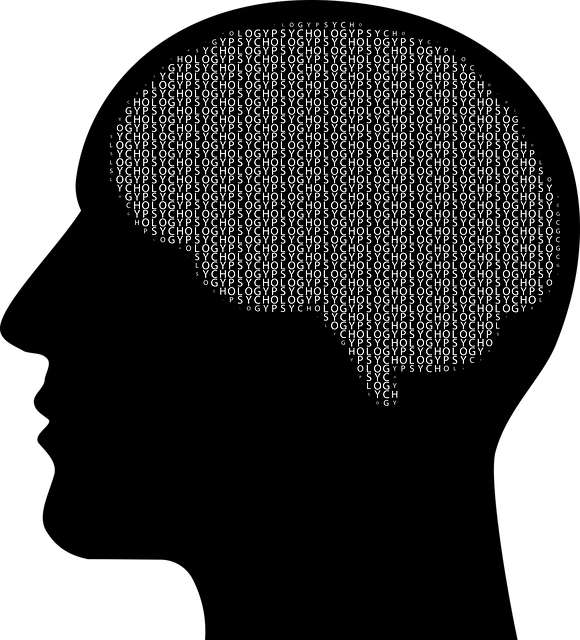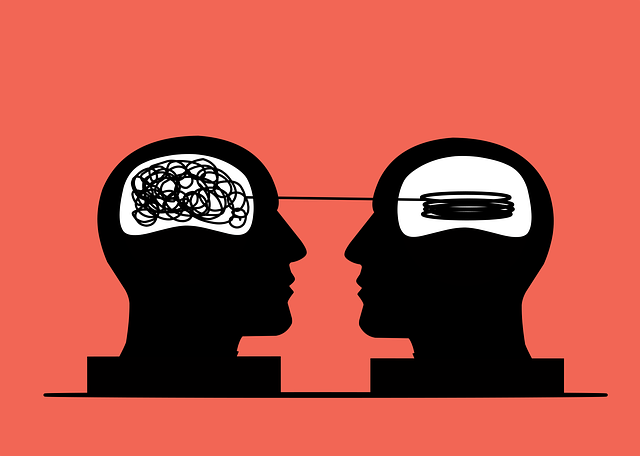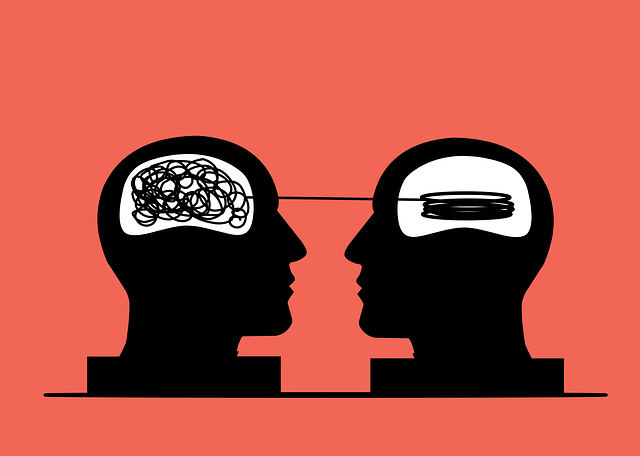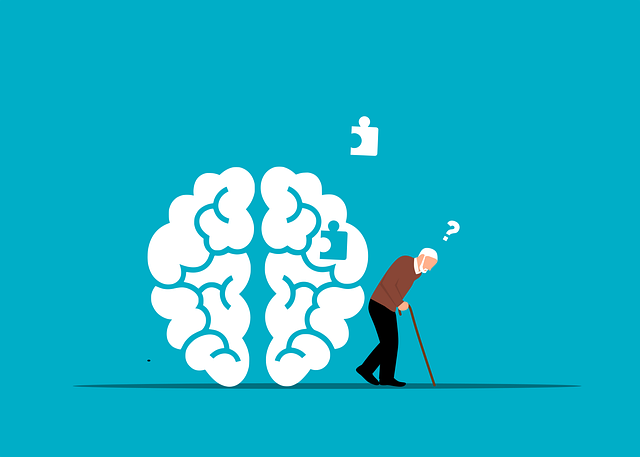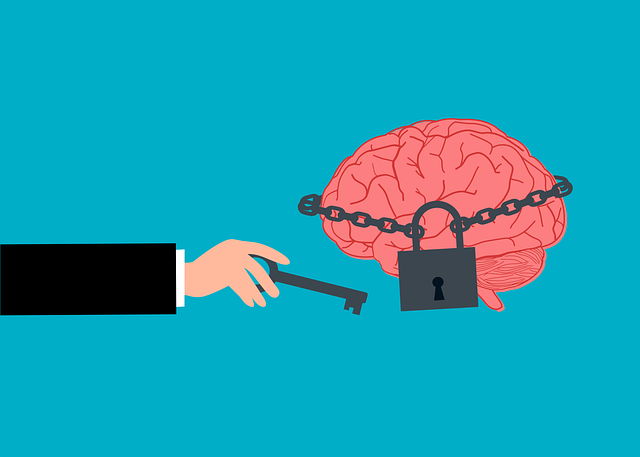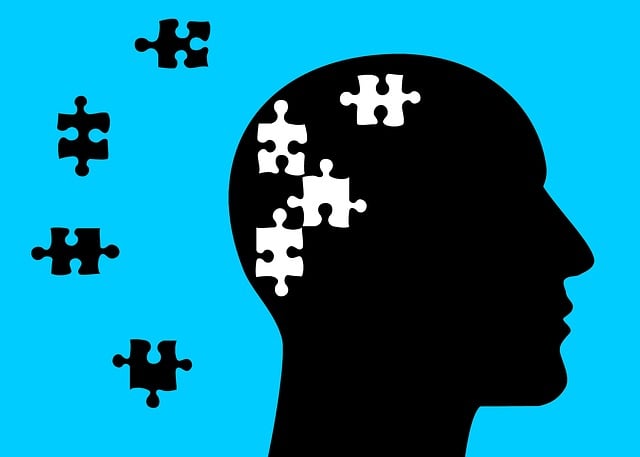Greenwood Village prioritizes mental wellness by offering local therapy sessions focusing on codependency recovery and self-awareness. The village's Mental Wellness Podcast Series educates residents, reduces stigma, and promotes open conversations about emotional health. With rising demands for stress management tools, mental wellness apps cater to diverse users in urban centers like Greenwood Village, providing resources for burnout prevention and positive thinking. A top-tier codependency therapy app should offer secure platforms, personalized coping strategies, mood tracking, journaling prompts, and guided meditations, collaborating with licensed therapists to deliver evidence-based care while respecting data privacy and promoting non-stigmatizing education.
In the heart of Greenwood Village, mental health awareness is growing, highlighting the market need for innovative solutions. This article explores the development of a codependency therapy app, tailored to support residents navigating this complex issue. We delve into understanding codependency and its impact on the community, analyzing the target audience’s unique needs. Key features and ethical considerations for such an app are scrutinized, offering insights into creating effective digital tools for mental wellness in Greenwood Village and beyond.
- Understanding Mental Health and Codependency in Greenwood Village
- Market Need and Target Audience for a Wellness App
- Key Features and Functionality of a Codependency Therapy App
- Development Process and Ethical Considerations for Mental Health Apps
Understanding Mental Health and Codependency in Greenwood Village

In Greenwood Village, understanding mental health and codependency is a growing priority. Codependency, often recognized as an unhealthy emotional attachment between individuals, can significantly impact one’s mental wellness. This issue is prevalent in the community, leading to various initiatives aimed at raising awareness and providing support. Local therapy sessions focused on codependency offer safe spaces for individuals to explore their relationships and develop healthier coping mechanisms. These therapeutic approaches emphasize self-awareness exercises, helping clients recognize patterns and break free from detrimental connections.
Greenwood Village’s vibrant mental wellness scene also includes efforts to reduce the stigma surrounding mental illness. This initiative extends beyond therapy sessions into the production of a Mental Wellness Podcast Series, which educates and empowers residents. Through engaging content, the podcast covers various aspects of mental health, including personal stories, expert interviews, and practical tips for improving self-care routines. By combining these efforts, Greenwood Village strives to create an inclusive environment where individuals can openly discuss their mental wellness journeys and seek help when needed.
Market Need and Target Audience for a Wellness App

The need for mental wellness apps has never been greater, especially as we navigate an increasingly fast-paced and stressful world. With modern lifestyles often leaving individuals feeling overwhelmed, burned out, and disconnected, there is a growing demand for accessible tools to support their emotional well-being. This is particularly evident in urban centers like Greenwood Village, where high living costs and intense work cultures can contribute to heightened stress levels.
The target audience for such apps extends beyond the general population; it encompasses students, working professionals, and even mental health practitioners themselves. For instance, a wellness app could cater to young adults struggling with the transition into the workforce, offering strategies for burnout prevention and stress management. Similarly, mental health professionals can benefit from tools that aid in risk management planning, fostering positive thinking, and maintaining their own well-being, especially considering the emotional demands of their work at places like Greenwood Village Codependency Therapy.
Key Features and Functionality of a Codependency Therapy App

A Greenwood Village codependency therapy app should offer a range of key features designed to support individuals navigating this complex issue. Primarily, it must provide a safe and secure platform for users to express their thoughts and feelings, fostering open communication with licensed therapists who specialize in codependency. The app should also incorporate tools for self-reflection, such as mood tracking, journaling prompts, and guided meditation sessions tailored to promote mindfulness and self-care practices.
Beyond these core functionalities, an effective Greenwood Village codependency therapy app can enhance resilience building through personalized coping strategies, stress management techniques, and educational resources on codependency dynamics. For mental health professionals, robust risk assessment features are crucial for monitoring client progress and ensuring the safety of both parties. By integrating these elements seamlessly, the app not only facilitates individual healing but also supports healthcare professionals in delivering evidence-based care.
Development Process and Ethical Considerations for Mental Health Apps

The development process for mental wellness apps begins with a deep understanding of user needs and the latest research in psychology. Developers should collaborate closely with mental health professionals, such as those offering Greenwood Village codependency therapy, to ensure the app’s effectiveness and safety. This includes integrating evidence-based practices and therapies tailored to various mental health conditions. User experience (UX) design plays a crucial role in creating intuitive interfaces that foster engagement and provide a sense of agency for users seeking self-esteem improvement or inner strength development.
Ethical considerations are paramount when designing mental health apps. Developers must prioritize data privacy, ensuring user information is securely stored and used responsibly. Transparency about data collection practices and the limitations of digital therapy are essential. Additionally, app creators should address potential biases in algorithms and content to provide inclusive support for diverse populations. A well-designed Mental Health Education Programs feature can empower users with knowledge, while also considering the delicate nature of sensitive topics, ensuring a respectful and non-stigmatizing environment.
The development of mental wellness apps, particularly those focused on codependency therapy in Greenwood Village, presents a significant opportunity to address growing mental health concerns. By understanding the market need and ethical considerations, we can create effective tools that empower individuals seeking support. The key features outlined in this article offer a promising framework for app developers, ensuring privacy, personalization, and evidence-based practices. With continued innovation and research, Greenwood Village Codependency Therapy apps have the potential to revolutionize access to care, enhancing overall mental wellness in our community.
